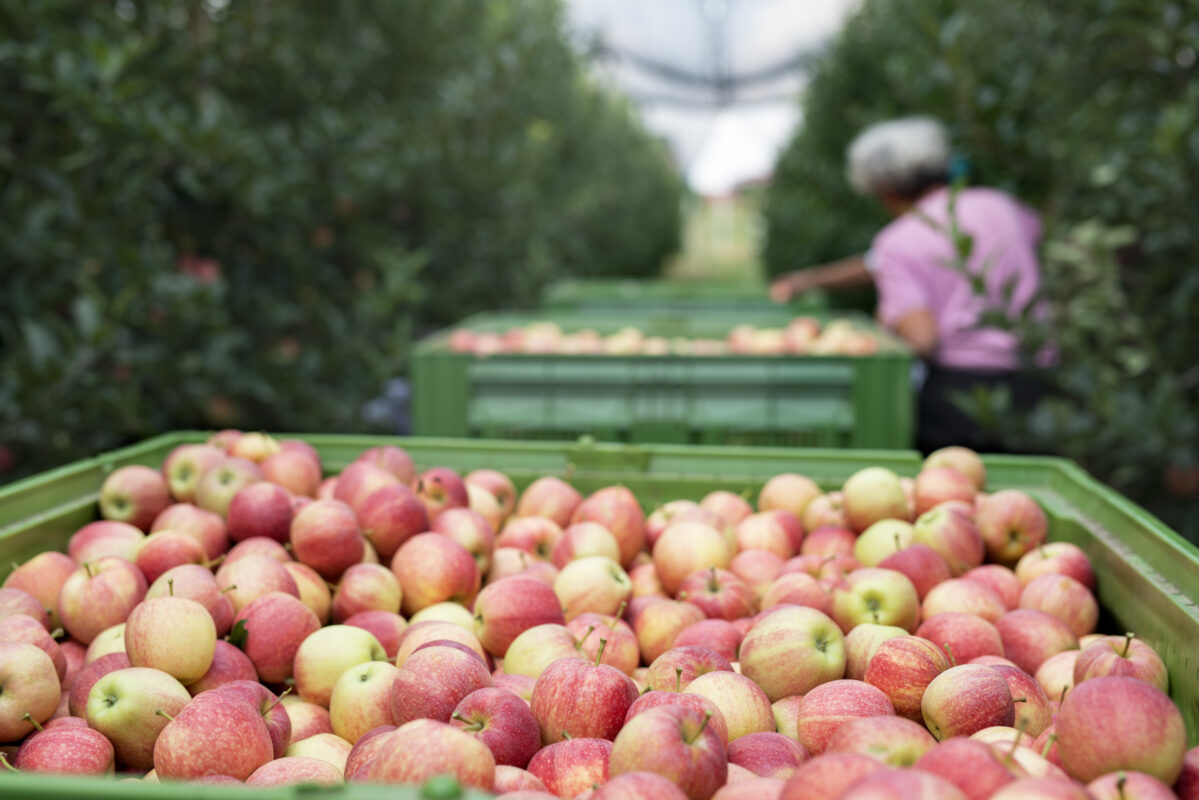Have you seen where farmers are no longer allowed to pay piece rates, where you are only paid for the amount of fruit you pick? Believe it or not – not everything on social media is accurate! Piecework remains legal but the rules have certainly changed. Know your facts before you start that farm job.

Don’t believe everything you see on social media
Despite social media you might have seen, or advice from bush-lawyers, piece rates as a means of payment for picking fruit are still legal. In April of 2022 there were some significant rule changes under the Horticulture Award that impacted piece rates as a method of paying wages, but they certainly did not change their legal status.
The main change implemented at the time was to provide for a minimum wage to be paid to you, regardless of your productivity. If you are a slow fruit picker you must now still be paid your minimum wage. However, offering a piece rate to encourage fast workers to maintain a high level of productivity not only remains legal, but is actively sought by experienced workers who can earn much more than the hourly rate.
The dreaded DCM (Don’t Come Monday)
One important fact that you must consider with the minimum wage safety net – if you are not fast enough to justify the minimum wage you must be paid, the farm may not continue to employ you. As with any employment, if you are no good at your job you are unlikely to keep it. And as a casual worker your job can stop at any time without notice, so if you are too slow and the farm doesn’t think your speed will improve, don’t be surprised to be laid off.
How will you be paid – hourly or piece rates?
Farm employers now have greater clarity how piece rates must be calculated, but some find the administration of doing so onerous, so have chosen to offer only hourly-paid work. As a result, experienced, productive workers are likely to seek other farms who still offer piece rates. The important thing for you to understand is to which payment method is offered on the farm where you will be working. If piece rates are offered, the rate must be clear, as well as the task being paid to undertake, and what measurement is used. This must be provided to you in writing by the employer (electronically is acceptable) before you start.

Understand your pay slip
The farm must keep other records as well such as hours worked, even if paid by piecework, and every employer is obliged to give you a written pay slip with your earnings – again, electronically is fine. The pay slip must include the rate at which you were paid, the quantity of units you picked (or whatever the task was), and the hours you worked.
The pay slip must also make it clear who the employer is. Many farms use labour hire contractors who are likely to be the employer if they are engaged. In that case the piece rate information provided before starting must come from the contractor rather than from the farm, however so long as you get it accurately from someone, that should satisfy what you need to know.
So, don’t be swayed by agitators that only think they know, check out the Fair Work Ombudsman’s website if you have any questions about piecework. Going into a farm job armed with accurate information and a positive attitude can provide an experience that is rewarding both financially and for your experience in life.
And if you are a working holiday maker, it may be the means by which you earn your right to stay in our beautiful country another year.
